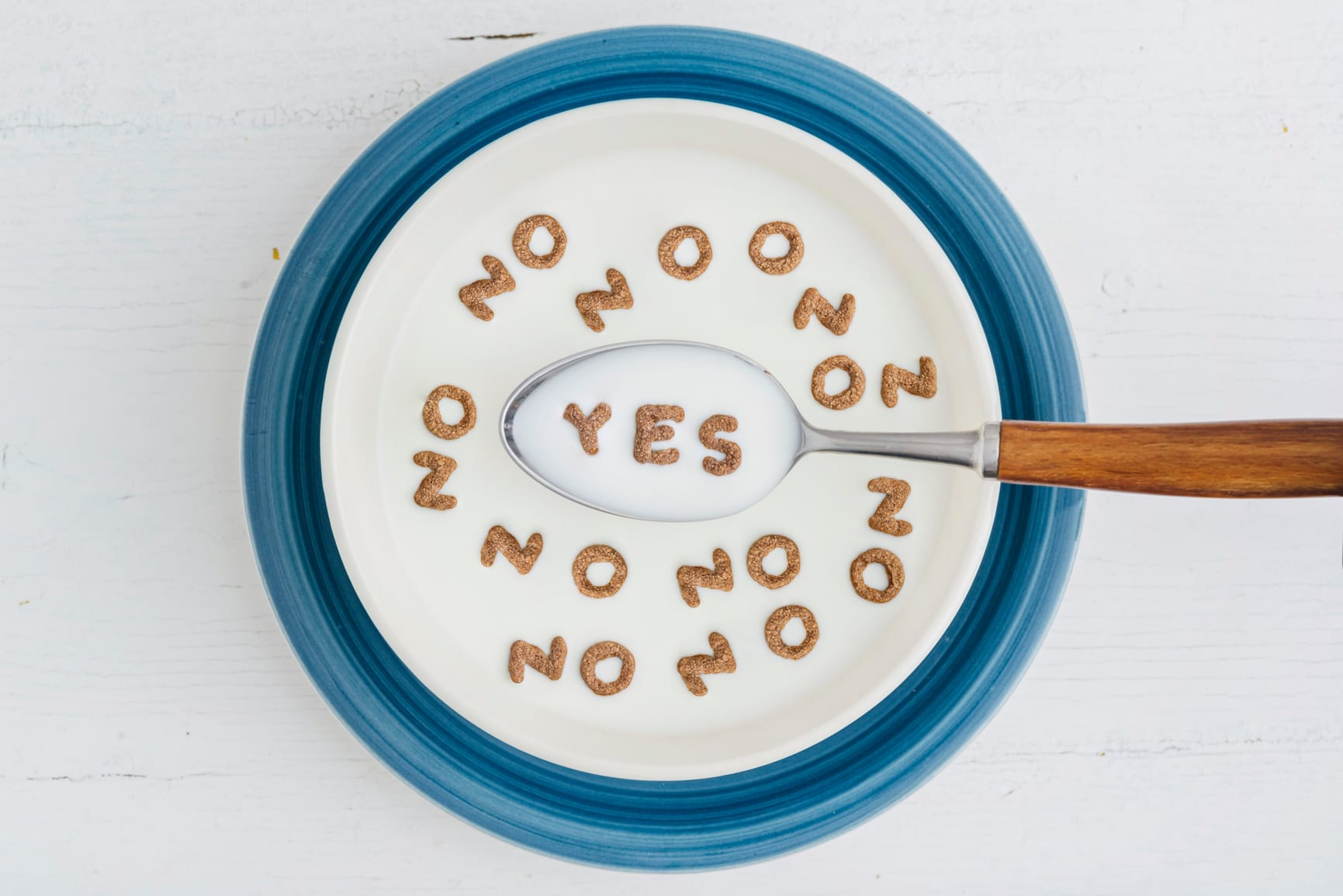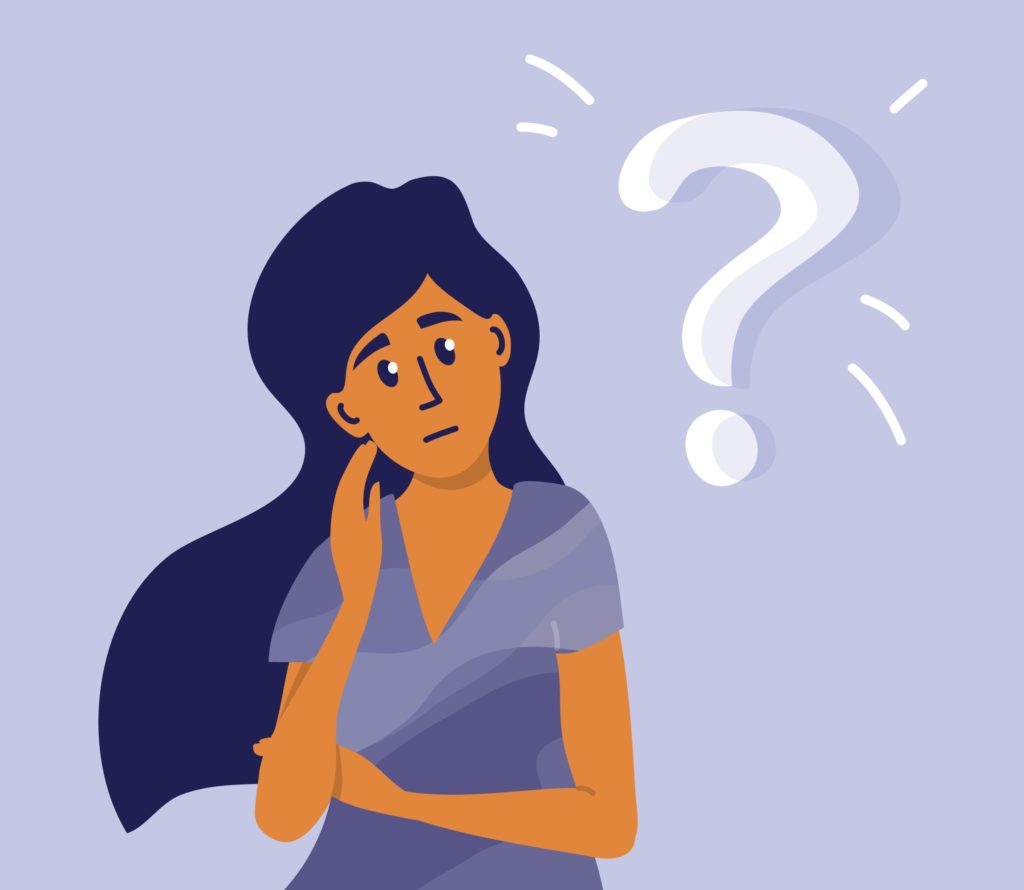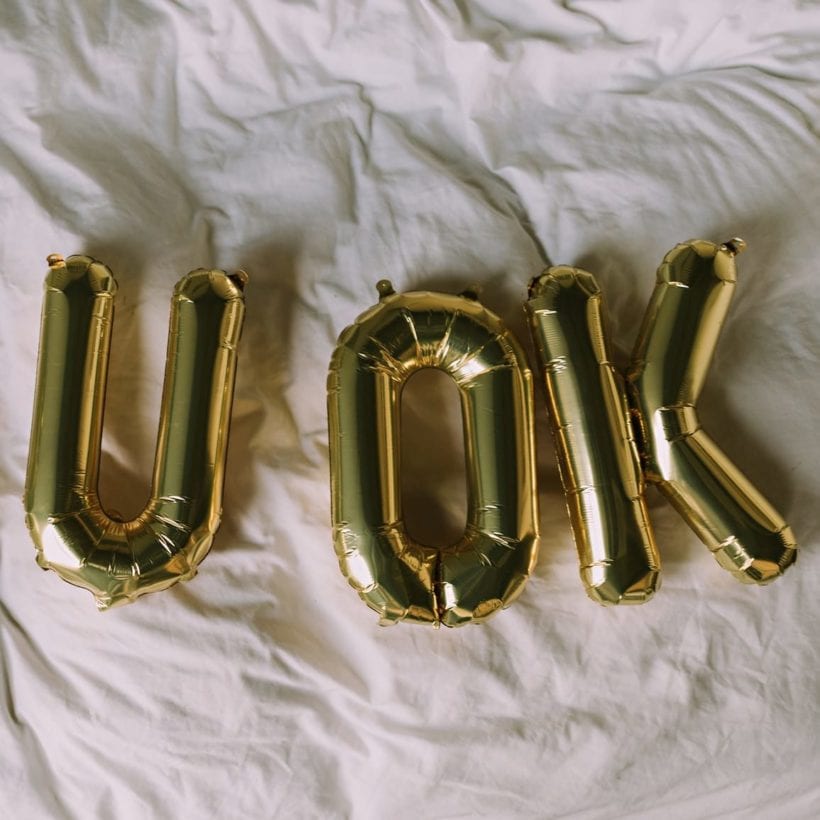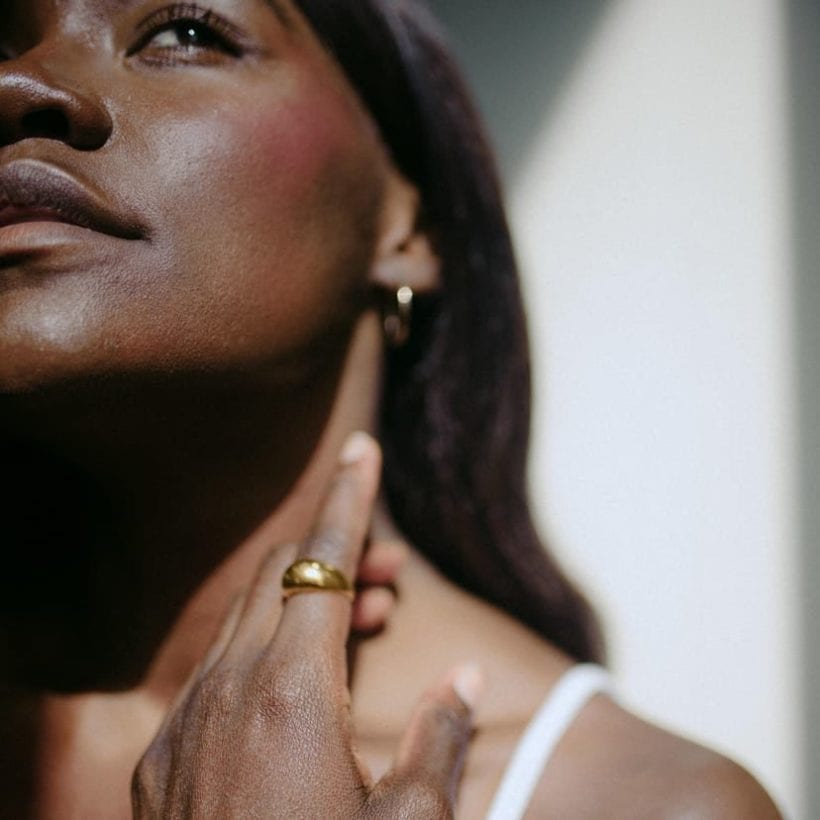Choosing to see a therapist is a big step towards living a happier and healthier life. However, once you’ve made the decision to see someone, finding said person can be a little tricky. The options can be overwhelming and the styles of treatment varied. Here are some things to consider before booking your first session:
What do you need?
People come to therapy for many different reasons so it’s important to have clear in your mind what it is you need. Is it to work on dealing with a specific life event, for example, a break-up or grief? Maybe you feel you need to address some past trauma. Or, you might want help with building better relationships, breaking negative patterns or dealing with stress and anxiety. Each therapist has its own approach, and often specific practitioners deal with different issues. Once you are clear on what you need, your search will become much clearer.

It’s also worth thinking about whether you would prefer offline or online, individual or group sessions and whether a male or female practitioner would suit you best.
Understand the different options
The different types of therapists can be broken down by their education. It’s worth remembering there is much variety in each category based on their own individual background, training and experience.
- Psychiatrists are medical doctors who can prescribe medication as well as practicing psychotherapy.
- Psychologists, who usually have a doctoral degree, practice psychotherapy but are not medical doctors so can’t prescribe medicine.
- Licensed counselors have a Master’s in Counseling.
- Coaches, for example, life or business coaches, have a range of different qualifications.
Look for personal recommendations
First and foremost, reach out to those close to you and see if they have any recommendations they can share. Do you have friends, family members or colleagues who have sought therapy, or know someone who does? A personal recommendation is the best way to start sorting the wheat from the chaff.
Go online, but be cautious
If you can’t find a personal recommendation, you can search for the type of therapist or counselor in your area using a number of platforms. For example, Psychology Today, Find A Therapist or American Counseling Association.
Once you have made a shortlist of people, take some time to look at their websites to get a sense of what they are like. “Look at social media, look at their videos. You can get an idea of people’s manner from their voice,” Gin Lalli, a solution-focused therapist, advises.
However, the therapist’s online presence isn’t the be-all and end-all. Remember to look beyond the snazzy website and see if you truly have a good connection with that person. “It’s not about who has the glossiest website. Remember the best person at marketing isn’t the best therapist,” counselor Amelia White points out.
Shop around
Don’t just go with the first person you stumble across. Take time to look at a few different options. “Meet someone and then go meet two others as a form of comparison,” White recommends. Whether it’s online or offline, meet your potential therapists and take time to ask questions and interview them for the potential position.
Therapy for Black Girls, She Matters and Therapy for Latinx help to find therapists of similar backgrounds. Real is a membership service that offers non-traditional mental health approaches for nonbinary and women patients. Exhale, which launched in August, is the first well-being app designed by Black, Indigenous and women of color (BIWOC) for BIWOC.
Trust your gut
A good therapist will make you feel supported, heard and seen. You should feel as comfortable as possible and in no way judged for your thoughts or feelings. You will tend to get an immediate good or bad feeling about a person so tap into that. “Trust your gut response when meeting potential therapists,” White says. “Not everyone is the same. You won’t respond in the same way, you won’t feel the same with that person,” she adds.

Prioritize the person over the method
The connection you have with the therapist is what matters the most. “The success or failure of therapy hinges on both your personalities — if it’s the right relationship, it will work. You can see the best therapist in the world but the connection isn’t there, it won’t work,” Psychologist and therapist Dr. Maryhan Baker says.
Ask the right questions
When you meet a potential therapist for a chemistry session or an initial chat, it’s good to come prepared with questions you want to be answered. This is your opportunity to see if their approach is the right fit for you. Dr. Baker suggests always asking: “How are you going to help me get from where I am to where I want to be?” You are investing time and money into your therapy sessions and want to ensure you are going to get the most out of them. Beyond this, Dr. Baker advises asking about what tools and strategies they will share. “It’s important to know how you can integrate what you do in therapy into your day to day. So much is in between the sessions,” she notes.
It could also be helpful to ask the therapist how long they tend to see people for (is it weeks, months or years), how frequently they recommend sessions (for example, weekly or monthly) and whether they can offer support between sessions. If you’re feeling nervous, you could always write down the questions on a piece of paper so you don’t forget anything.
Don’t be afraid to change your therapist
If after a few sessions, you don’t feel it is going the way you hoped, don’t be afraid to change.
“It’s normally always the therapist, not the therapy itself. There is always someone out there for you,” Lalli advises. Plus, it’s worth bearing in mind that the therapist itself will never mind you switching.
If you require crisis support, contact 24/7 Crisis Hotline: National Suicide Prevention Lifeline Network www.suicidepreventionlifeline.org









